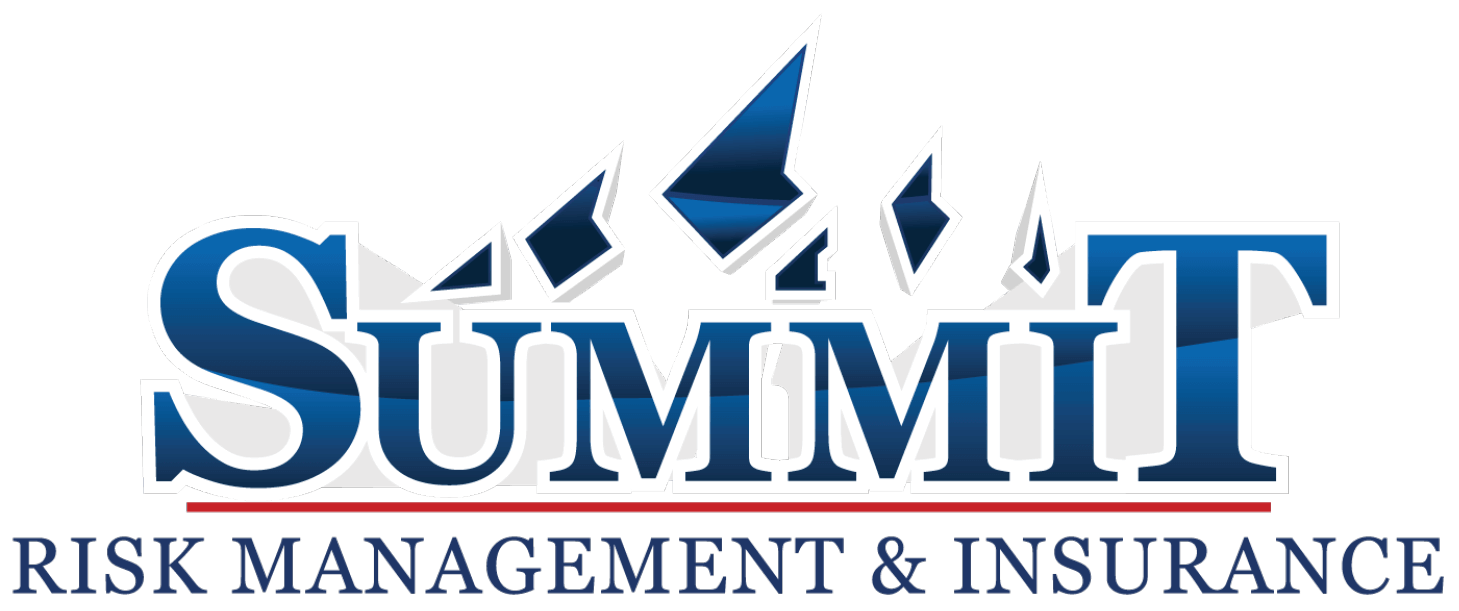Since the Paycheck Protection Program (PPP) was implemented, there have been sometime contradictory and often confusing messages from the Small Business Administration (SBA) and Department of the Treasury about exactly which small businesses with less than 500 employees really qualified for loans and/or loan forgiveness under the hastily arranged program.
Part of the shifting narrative was undoubtedly a result of reports that publicly traded and/or well capitalized businesses received funding from the program, while smaller firms and self-employed individuals faced numerous challenges arranging loans. Fortunately, the second tranche of funding appropriated by Congress allowed many more small businesses to receive funding and as of today, funds remain available. However, following the various announcements by the SBA and Treasury, some businesses have grown concerned that perhaps they didn’t really qualify since the agencies seemed to be adding a previously unknown need-based requirement. Furthermore, businesses were encouraged to return funds if they didn’t meet the re-interpreted certification requirement. The SBA also announced potential audits and then the Department of Justice (DOJ) announced the possibility of criminal enforcement. Suddenly, what seemed like a straightforward program designed to help businesses weather the pandemic looked like a risky proposition.
Under the CARES Act: “An eligible recipient receiving loan forgiveness under this section shall make a good faith certification that the uncertainty of current economic conditions justifies the loan request to support the ongoing operations of the borrower, and acknowledges that funds will be used to retain workers and maintain payroll.” In our view, the key term here was “uncertainty of current economic conditions.” This broad language seemed to make it clear that businesses would not be held to a high burden of proof in demonstrating need, only that they believed they may need the funds and if granted, the funds would be used appropriately. There was no requirement that businesses seek funds elsewhere or that owners provide additional capital to the business. The business simply had to make a good faith certification. Given the limited funding for the program and haphazard roll out, many firms rushed to apply in fear that if they waited, funds may not be available in the future.
Following the various comments and pronouncements from agency officials, an evolving Q&A and still unpublished forgiveness rules, many businesses have been concerned that accepting a PPP loan may now subject them to unexpected financial scrutiny or even prosecution.
On May 4th, The DOJ announced the first criminal complaints related to the PPP. According to public reports, this appears to be a relatively clear-cut case of fraud where individuals allegedly provided false payroll information to secure a loan. That said, the steady stream of comments from agency officials and news accounts about the perils of the program have left many business owners concerned. As just one example, a Forbes article from May 9th was titled “Mayday For PPP Borrowers – Having To Choose Between Possible Insolvency Or Risking Criminal Prosecution.” We weren’t aware this was a binary decision; the plain language of the CARES Act would seem to allow many small businesses to both avoid possible insolvency and criminal prosecution.
Fortunately, the SBA has updated their Q&A document to provide a certification safe harbor for businesses that take out PPP loans of less than $2 million. Question 46 now provides that: “Any borrower that, together with its affiliates, received PPP loans with an original principal amount of less than $2 million will be deemed to have made the required certification concerning the necessity of the loan request in good faith.” They further make clear that: “borrowers with loans greater than $2 million that do not satisfy this safe harbor may still have an adequate basis for making the required good-faith certification, based on their individual circumstances in light of the language of the certification and SBA guidance.” We encourage you to review the full document, but it would seem that the vast majority of firms no longer need to fear the certification requirements.
There are still many outstanding questions on PPP, especially on loan forgiveness. We are hopeful that formal guidance will be issued soon.
The information provided in this update is not, is not intended to be, and shall not be construed to be, the provision of tax or legal advice, nor does it necessarily reflect the opinions of HR Pros, LLC or our clients. The content is intended as a general overview of the subject matter covered. HR Pros, LLC is not obligated to provide updates on the information presented herein. Those reading this alert are encouraged to seek direct counsel on tax or legal questions.
© 2020 HR Pros, LLC. All Rights Reserved.
